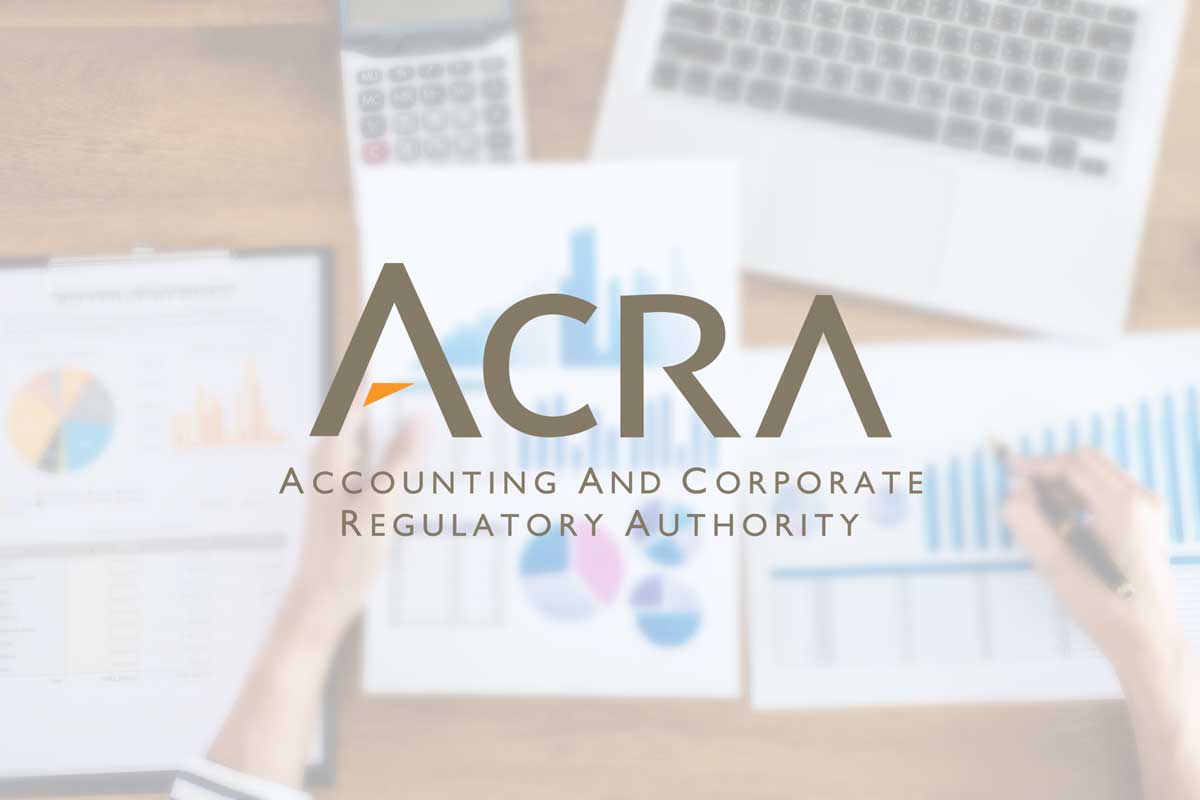Blockchain Applications and Tokenization
Asset-tokenization is the one-to-one mapping between physical assets or digital assets and the digital certificates generated by blockchain. Examples of assets include commercial buildings, hotels, houses, stocks and financial securities, digital collectables, intellectual property and works of art and this list is by no means exhaustive. If you are a resort developer contemplating a blockchain-based…
Read morePOSTED BY
Dev Team
Blockchain Technology and Real Estate
“Blockchain” is most frequently heard these days within the “FinTech” and “PropTech” environments along with terms such as “Distributed Ledger Technology”, “Smart Contracts”, “Tokens”, “Wallets” plus language to describe the myriad types of Ledgers found within the Blockchain environment. As can be expected with any new technology, industry-specific nomenclature has evolved quite rapidly to describe…
Read morePOSTED BY
Dev Team
Blockchain Implications on the Shared Ownership of Real Estate
The foundations of the Sharing Economy The term ‘Sharing Economy’ has grown to become an umbrella term for a wide range of non-ownership forms of consumption activities such as swapping, trading, renting and exchanging. The Sharing Economy is typically defined by two key elements. Firstly, an online platform which connects buyers with sellers or a…
Read morePOSTED BY
Dev Team
Responsibilities and Skills of a Good Auditor
As per the Singapore Companies Act, only registered public accountants may audit financial reports of companies that do not meet the “small company” criteria for audit exemption. Auditors are expected to meet the demands of both internal and external forces when catering to clients. They must ensure these companies comply with the standards of financial…
Read morePOSTED BY
Dev Team
Singapore audit exemption for Private Limited Companies
In accordance with the Singapore Companies Act, private limited companies are required to have their financial statements audited by an auditor or public accountant at least once a year unless they pass the criteria for audit exemption. Proper records are required to be maintained by the company and be made available to auditors conducting the…
Read morePOSTED BY













